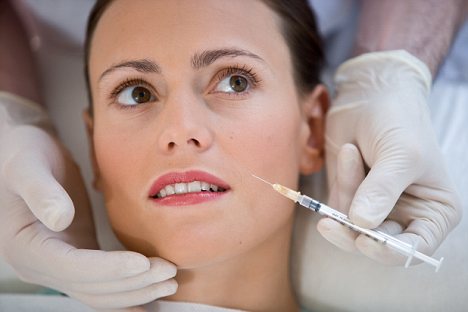London: Besides removing those wrinkles and enhancing your beauty, botox has also been proven to be effective and safe in treating chronic migraine that affects your daily activities, says a new study.
Chronic migraine is defined as at least 15 headache attacks per month for more than three months, with migraine symptoms on at least eight days every month.
The study showed that botox or botulinum toxin injections is superior to inactive placebo for preventive treatment of migraine and that it significantly reduced the frequency of chronic migraine attacks.
Botox prevents migraine headaches before they start, but takes time to work. It is injected around the pain fibres involved in the production of headaches.
“Botulinum toxin is a safe and well-tolerated treatment that should be proposed to patients with migraine,” said the researchers from the University Hospital Rangueil in France.
For the study, the team included nearly 3,650 patients, among which 1,550 had chronic migraine. The remaining patients had less-frequent episodic migraine headaches.
The results, published in the journal Plastic and Reconstructive Surgery, found that three months after injection, patients treated with botulinum toxin had an average of 1.6 fewer migraine attacks per month, compared to those treated with inactive placebo.
The improvement was apparent within two months of botulinum toxin treatment. They are repeatedly injected every three months to sustain the effects of treatment.
Although botulinum toxin had a higher rate of adverse effects compared to placebo, but none of these were serious.
Importantly, there was a significant improvement in quality of life in patients treated with botulinum toxin which was directly linked to a reduction in depressive symptoms.
“It can be explained by the reduced impact of headaches and migraine-related disability, thus reducing symptoms of depression and anxiety,” said Professor Benoit Chaput, from the varsity.
Although botulinum toxin injection for chronic migraine is FDA-approved, there are still conflicting data regarding its effectiveness, the study said.
IANS







































